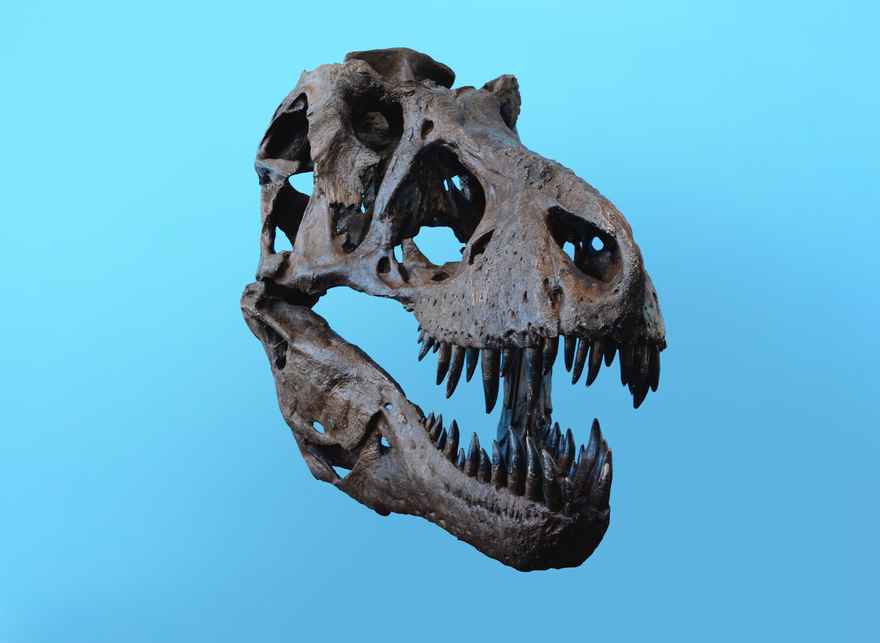4 Things to Consider If You Want to Work at a Museum

What’s it like to actually work at a museum? Many of us visited museums as a child, on a school trip or with our parents. Some of us continue to visit exhibitions as a day out. Others are likely to end up taking their kids one day! If you have studied science at university, you may also end up doing research-based work in partnership with a museum. This could have sparked your interest in what it would be like to work in a large cultural institution.
There is an appeal to working as part of a space that draws the attention of the public. Visitors often including many international visitors who come to museums to learn about a city’s culture. You could find your way to roles in a variety of areas, including research, curation, communication or education.
But what’s it really like to work in such an institution, behind the awe-inspiring displays and galleries? What kinds of factors should you consider before thinking about your career at a museum?
Here are 4 things to consider if you are thinking about what its like to work at a museum:
-
Your work is likely to be hands-on
No matter what role you do a at a museum, you are likely to be active in your role. If you are working in a research or curation role, your work is practical by nature. You could be involved in events or volunteer management if you are in the education department. Museums are centred around engaging people with their objects and materials. It's a place where you will be involved in some kind of practical work that ultimately serves this purpose. That doesn’t mean that you can’t find roles that are desk-based. It just means that there will be elements to your role which have you up on your feet and contributing to practical activities.
-
You have no choice but to interact with the public
Museums are public institutions, which aims to attract visitors to engage with their materials, programmes and events. When you go into work, as you go about your day, and when you leave work, you will encounter members of the public. If you have to wear a uniform, this is likely to mean you will be asked questions about the museum. Therefore working at a museum means you are a representative of the organisation to the public. This is something that is embedded in your role, so even if you do work that is more behind-the-scenes, consider how much interacting with the public is something that is attractive to you.
-
Salaries are not always the highest
This obviously depends on factors like what museum you apply for, the location and position. But often, pursuing a career at a museum can mean entering at a lower salary or taking a pay cut if you are making a career change from the private sector. If you are making a career change, this also depends on what level you are entering the organisation at. Make sure you research industry and company pay averages on websites like Glassdoor and Indeed to find out whether your salary requirements can be met. Also think about your long-term career aims and what your priorities are. You may be able to enter an industry at a lower salary point early on in your career. Or, it may make sense for you to take a higher salary to start with in a related organisation. You can make a career transition later and negotiate from a higher level of base pay.
-
You will be contributing to the running of a building
A museum is essentially a space housing objects and information, and therefore the running and maintenance of the building is crucial. Whatever work you are doing in a museum, you are contributing to how this building is running. This is very different to working in an office, where the running of the building is very unlikely to be on your mind unless you are on the Facilities team. Your mindset will therefore be different when you are carrying out your work, and you will have to consider usage of space and logistics when you are a museum employee.
To work at a museum can seem like a fascinating prospect for many people. It can offer a unique employee experience. Consider what you value in your work environment and what type of experience you want in your day-to-day job when thinking about a museum career. The actual roles in themselves are varied and can offer you a different type of research or non-research career as a scientist. Our article on museum collections has more on the subject if you are interested in this topic!
If you are ready to take your career outside the lab and want to know how to start, book a Beyond the Lab Breakthrough Session here.
1 comment
Leave a comment
Please log in or register to post a comment